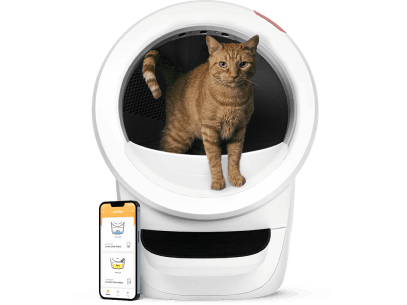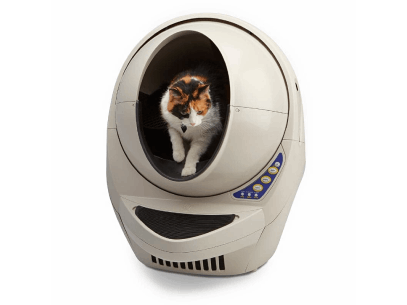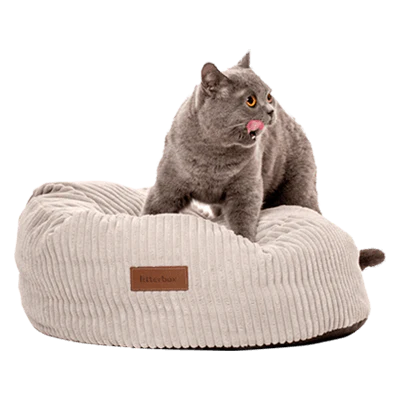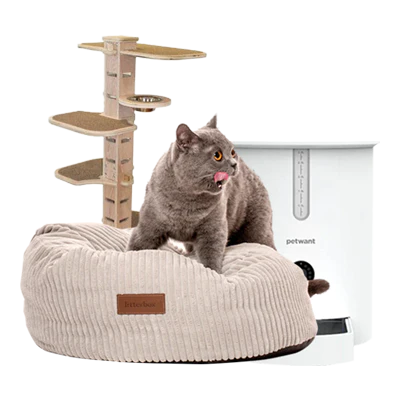Cats are commonly known as independent animals with a mind of their own. The relationship between people and their feline friends appear to be quite different ranging from “very independent” to “very attached” depending upon genes and previous learning experiences. Breed may also influence a cat’s relationship towards its master. Owners of Siamese and Persians report higher levels of affection than those who house non-pedigree cats.
Felines have different ways of exhibiting their affection. Some cat parents are welcomed at the door with soothing purrs whereas others might find their cuddle partners snoozing on the sofa, barely noticing their presence. It is true that cats are incredibly self-sufficient in many ways, but they really do need us. Domestic cats who are confined to the indoors can experience loneliness and frustration when they’re bored or left alone for prolonged periods of time. How long I can safely leave my cat alone? is a tricky question to answer. The time range can vary depending upon a feline’s behavior, eating habits and overall health. But as a general rule, it is advisable not to leave your cat unattended for more than 24 hours and almost definitely not longer than 48 hours.
Most cats will not require any special care if you are only gone for a night, but if you are planning on traveling for two or more days, you should have a proper plan in place to make sure your fluffiest pals are safe and happy while you are away. The key measures to take are:
Remove any hazards
Cats often get bored and with so much alone time, they are likely to get themselves into trouble. Even if you are leaving your kitty for only one day, the importance of creating a safe environment for your cat cannot be overlooked. Before leaving, close all windows and doors so that your fur ball cannot slip outside. Keep chemicals, medicines and other hazardous substances at an off-limit place. Lock all the cabinets and move all sharp materials and heavy objects to a safe place. Hide any loose wires and cables because they carry the risk of electrocution.
Ensure ample supply for food and water
No matter if you are leaving for a couple of hours or a couple of days, there must be enough food and water to extend through your time away. In general, your feline would be requiring as much food as is consumed while you are at home with it. The food can either be dried or canned depending upon the likeness of your fur beauty. It is recommended that even if you are boarding your cat while you are away, you should provide your feline’s favorite food when you drop off your pet because introducing new food can often lead to upset stomach. You can also opt for automatic feeding routine by using pet feeder that facilitates programmable easily set number of meals for a healthier and happier kitty.
Similarly, a cat must stay hydrated in your absence. Before you leave, fill regular water bowl and extra bowls of fresh water around your home. Cats prefer fresh water, and can be quite picky. Therefore, it is recommended to go for a pet water fountain. Usually cats who are on dry food can be left on their own for 24-48 hours as long as fresh water is accessible.
Timely cleaning of litter box
Cats are the creatures of habit and do not like change too much. They will bear your absence better if rest of their routine changes as little as possible. This also includes the regular cleaning of their litter boxes. Proper scooping twice a day is mandatory in case of manual litter boxes otherwise, your cat will get discouraged and start using other unauthorized places to defecate. Inclusion of additional litter box and acquainting your cat with its location will reduce the mess but still the problem persists. The best way to deal with this mess is the introduction of hassle free automatic toileting system. These litter boxes have self-cleaning system and you do not have to scoop it, clean it or refill it. Your only job is to get your kitty acclimated to this litter box so that you leave the animal back home with a carefree mind.
Enrich the environment
Apparently it seems that felines spend most of their time in snoozing. But this is not the case. They need properly enriched environment to fulfil their instinctive needs. Therefore, they must be provided with scratch posts, toys, window posts, and quiet resting places. They must be kept well stimulated in your absence otherwise they are likely to develop separation anxiety. Introduce puzzle toys to keep them engaged for longer duration. Hide food and treats in different nooks of the house to let them spend some time in finding the stuff. Above all, set up a cat tree next to a secured window to provide for hours of entertainment. You can also treat your fluffy with a new scratching post or cozy bed beside a window.
Engage a pet sitter
Engaging someone to watch your cat while you are away is highly recommended because it can be dangerous to leave your cat unattended for an extended period of time. This someone could be either a neighbor, friend or a professional pet sitter. Such an arrangement will not only give you a carefree sleep but also prevent your feline from getting lonely while you are away. Make sure that individual can come at least once and preferably twice per day to refresh food and water and clean out the litter box. This is a good to go arrangement for up to two weeks. In addition to feeding and maintaining the litter box, the sitter should spend quality time with the cat thus substituting for that missing human connection. A responsible sitter is expected to update you about your fur baby every day sharing its daily routine and behavior.
Kennel your cat
If you cannot arrange for someone who could spend time with your feline daily, the other safest option is to kennel your cat. Most veterinary clinics offer some types of kenneling services. Though your kitty might not like unfamiliar surroundings, but with no option left, you can board it with a selection of its favorite toys, its food and treats and its own bedding.
In short, the aforementioned steps can facilitate your decision but nothing can be acclaimed for sure. Cats are not really the loners as they appear to be. Some cat breeds are known to be so clinging that even leaving for a few hours can provoke intense anxiety. Ragdolls, Birmans, Scottish Folds and Sphynx cats are just a few of the many cat breeds that really cannot tolerate much alone time. Thus, every feline parent has his/her own individual experience while leaving their cat either for work or holidays.














